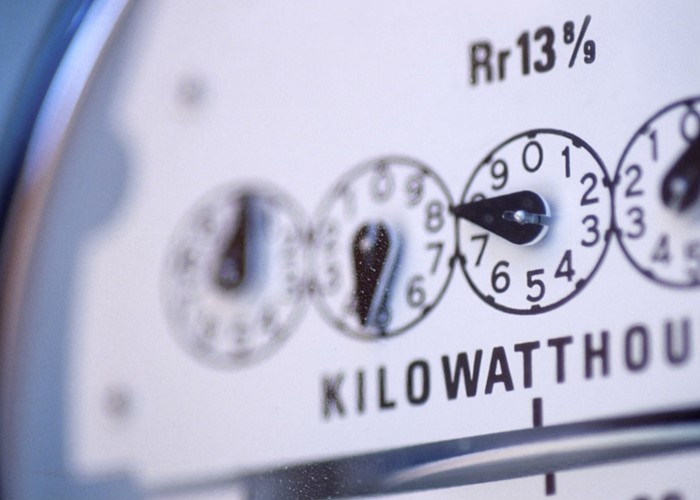Call to curb National Grid's profits to bring down household energy bills

National Grid accused of overcharging suppliers and households.
National Grid has been accused of fuelling household energy bills after it announced bumper profits for the last year.
The company, which is responsible for the network that supplies gas and electricity to homes in the UK, made £6.8 billion last year – of which £2.6 billion was profit.
The firm essentially operates as a monopoly in the UK so Ofgem, the energy regulator, oversees the prices it can charge suppliers to use the network.
But with a profit margin of 38%, which exceeds what the likes of British Gas, SSE and even Google make, there have been accusations that the firm is charging suppliers too much, leaving households to pick up the bill.
Don't overpay for your energy: search for a cheaper deal today
The cost of energy supply
The cost to transport and deliver electricity makes up 20%, while gas makes up 18% – or around £220 – of the average household energy bill. Most of this – around £150 – is charged by National Grid, according to Mark Todd, director of comparison site Energyhelpline.
He said a 25% reduction in charges to suppliers through fairer price limits that match the US would save households £37 a year and has called on Ofgem to crack down on National Grid to make prices fairer.
Todd told loveMONEY: “National Grid owns most of the pipes and wires down which gas and electricity flows in the UK. It's not the most exciting business in the UK but it's one of the most lucrative, making them £2.6 billion in profits last year.
“As National Grid is a monopoly, Ofgem sets the prices they can charge. Their UK profit margin is an incredible 38%. Google makes 20%. British Gas and SSE make 5%, and Sainsbury’s 4%. Only companies like Apple beat them currently on a 40% margin.”
“This is happening as they are simply allowed to charge too much by Ofgem who sets their pricing. Ofgem could change this.”
Todd claimed curbing the profits National Grid was allowed to make could help households and businesses save £1.7 billion overall – and even after this price cut the firm would still make UK profits of £900 million.
He is calling on Ofgem to curb profits and cut household bills by signing his petition, which he plans to take to Parliament. You can have a look at it here.
Don't overpay for your energy: search for a cheaper deal today
Investment in UK skewed
Todd also pointed out that National Grid’s profits in Britain are more than double the amount it makes in the US for doing the same thing.
The UK profit margin of 38% compares to just 15.9% the company makes for managing the US networks.
However, National Grid investment in the US far out-shadows the amount it puts into improving the networks in the UK, Todd added.
“They can’t use the investment argument to justify these huge takings. Despite much lower profits they actually invested more in America last year than in the UK.
“The regulators over there are much tougher and their profits are limited even though they are basically just doing the same thing.”
What National Grid says
A spokesman said: “National Grid accounts for approximately 5% of a typical energy household bill, which pays for the safe operation of the gas and electricity transmission networks across the UK.
“To ensure these networks are able to cope with future demands efficiently, National Grid also invested a record £4 billion in its energy infrastructure last year.
“We are incentivised by the energy regulator Ofgem to get the most cost effective deal for bill payers. Over the past three years, this has already seen us generate savings of around £330 million for UK customers.”
What Ofgem says
An Ofgem spokesman defended the operations of National Grid.
He said: “Our first priority is to protect consumers. We will continue to monitor National Grid’s performance closely under the current regulatory settlement to make sure it delivers an efficient and reliable energy network.
“Our regulation has set challenging targets that have delivered value for money for consumers.
“Britain’s energy network is 17% cheaper in real terms than 25 years ago, £80 billion of investment has been secured and reliability has improved by 30%.”
Find a cheaper deal on your gas and electricity
Read these next:
The UK's worst energy companies
How to reclaim money from energy firms
Energy customers: claim compensation for missed or late appointments
Comments
Be the first to comment
Do you want to comment on this article? You need to be signed in for this feature